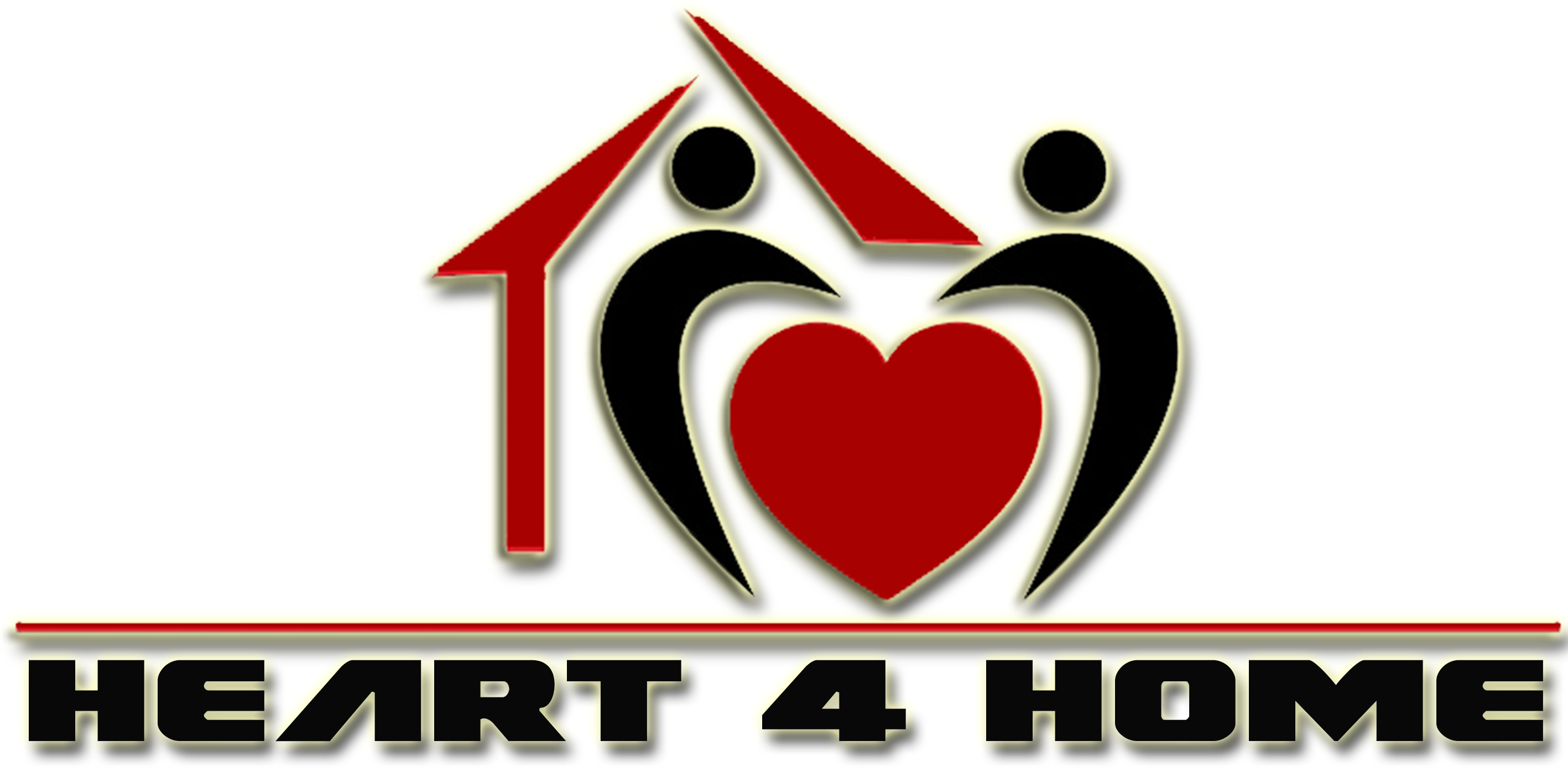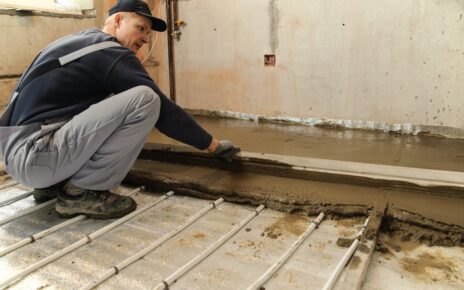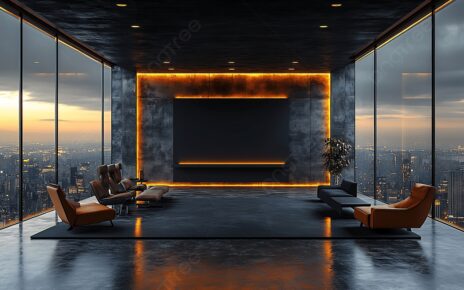In the pursuit of sustainable and comfortable living spaces, the adoption of innovative ventilation solutions has become essential. Among these, decentralized Mechanical Ventilation with Heat Recovery (MVHR) systems stands out as a promising technology. Offering precise control, energy efficiency, and improved indoor air quality, prana ventilation is revolutionizing the way we approach ventilation in buildings.
Understanding Decentralized MVHR
Decentralized MVHR systems operate on a room-by-room basis, providing localized ventilation and heat recovery without the need for a centralized unit. Unlike traditional centralized systems, which often suffer from air distribution inefficiencies and energy losses, decentralized MVHR ensures tailored ventilation for individual spaces. These systems incorporate heat exchangers to recover and redistribute heat from outgoing air, tempering incoming fresh air and minimizing energy wastage.
How Decentralized MVHR Works?
1. Ventilation
Decentralized MVHR units draw in fresh outdoor air and distribute it into the room, while simultaneously extracting stale indoor air. This continuous airflow helps regulate indoor air quality by removing pollutants, odors, and excess humidity.
2. Heat Recovery
As the outgoing stale air passes through the heat exchanger, it transfers its heat to the incoming fresh air. This process, known as heat recovery, allows the system to capture and reuse thermal energy, thereby reducing the need for additional heating or cooling.
3. Control System
Decentralized MVHR units are equipped with intelligent control systems that monitor and adjust ventilation and heat recovery based on various parameters, such as indoor air quality, occupancy levels, and external weather conditions. This ensures optimal performance and energy efficiency while maintaining user comfort.
The Versatility of Decentralized MVHR
Decentralized MVHR offers unparalleled versatility, making it suitable for a wide range of applications across various building types.
1. Residential Buildings
In homes and apartments, decentralized MVHR systems offer personalized ventilation tailored to specific rooms or zones. This approach not only enhances indoor air quality but also allows occupants to control ventilation settings based on their preferences and occupancy patterns.
2. Commercial Spaces
From offices to retail establishments, decentralized MVHR systems provide efficient ventilation solutions while accommodating diverse occupancy and usage requirements. By optimizing airflow and heat recovery on a room-by-room basis, these systems ensure consistent comfort and energy savings in commercial environments.
Final Overview
The use and application of decentralized MVHR systems represent a significant advancement in ventilation technology, offering unparalleled comfort, energy efficiency, and indoor air quality. By embracing this innovative technology, we can unlock a future where buildings are not only more comfortable and efficient but also healthier and more environmentally friendly.





